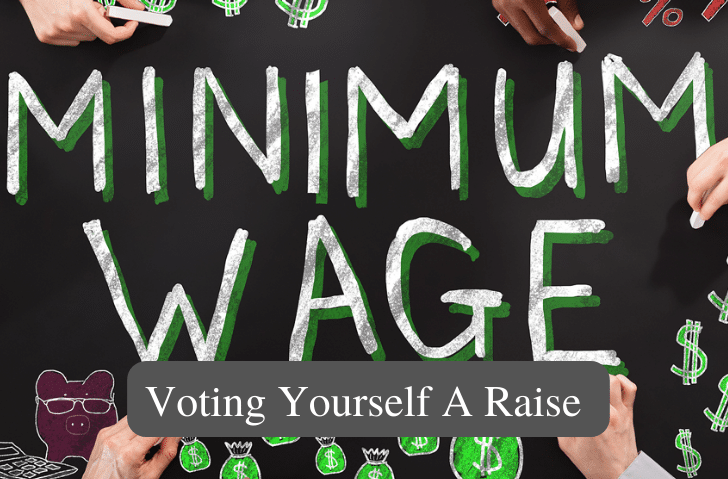In recent years, discussions about inflation have dominated headlines, kitchen tables, and policy debates alike. A key factor in these discussions is the role of minimum wage increases, often overlooked amidst broader economic narratives. As voters, we play a pivotal role in shaping the economic landscape, including decisions on minimum wage policies. This blog aims to shed light on how voting for higher minimum wages can influence inflation and, subsequently, the cost of everyday goods and services.
Inflation is the rate at which the general level of prices for goods and services is rising, eroding purchasing power. While it is influenced by a multitude of factors, one of the more direct factors is the cost of labor—specifically, the minimum wage.
The Minimum Wage Connection
The minimum wage is the lowest legal salary that workers can be paid. Its primary aim is to ensure a minimum standard of living for employees. However, when the minimum wage increases, it doesn’t exist in a vacuum. Businesses, especially those in sectors like retail and food service where minimum wage jobs are common, face higher labor costs. These increased costs are often passed on to consumers in the form of higher prices for goods and services.
Voting for Higher Wages: A Double-Edged Sword
When voters approve measures to increase the minimum wage, the intent is to improve the living standards of low-income workers. This is undoubtedly a noble goal. Yet, it’s important to recognize the ripple effects of such decisions. As businesses adjust to higher wage bills, the cost of living can also rise, affecting the very individuals the wage increase aimed to help, along with the broader population.
The Domino Effect on Prices
Consider a local café that now needs to pay its staff more due to a minimum wage hike. To maintain profitability, the café raises the prices of its coffee and pastries. This scenario is replicated across various businesses, leading to an overall increase in prices—that is, inflation. Thus, while workers may earn more, their increased income is offset by the higher cost of living, creating a cycle that can be challenging to break.
As voters, it’s important to be informed about the economic implications of our choices. Supporting policies that carefully balance wage increases with the economic realities can lead to more sustainable economic outcomes. This means not only voting for wage increases but also supporting candidates and policies that look at the broader economic picture and seek to ensure a healthy and sustainable economy for all.
The discussion about minimum wage and inflation is a reminder of the interconnectedness of our economic decisions and our everyday lives. While raising the minimum wage can provide immediate financial relief for low-income workers, it’s essential to consider the broader economic implications, including potential impacts on inflation and the cost of living. As engaged citizens, our challenge is to advocate for policies that ensure a fair wage for workers while being mindful of the broader economic health.

